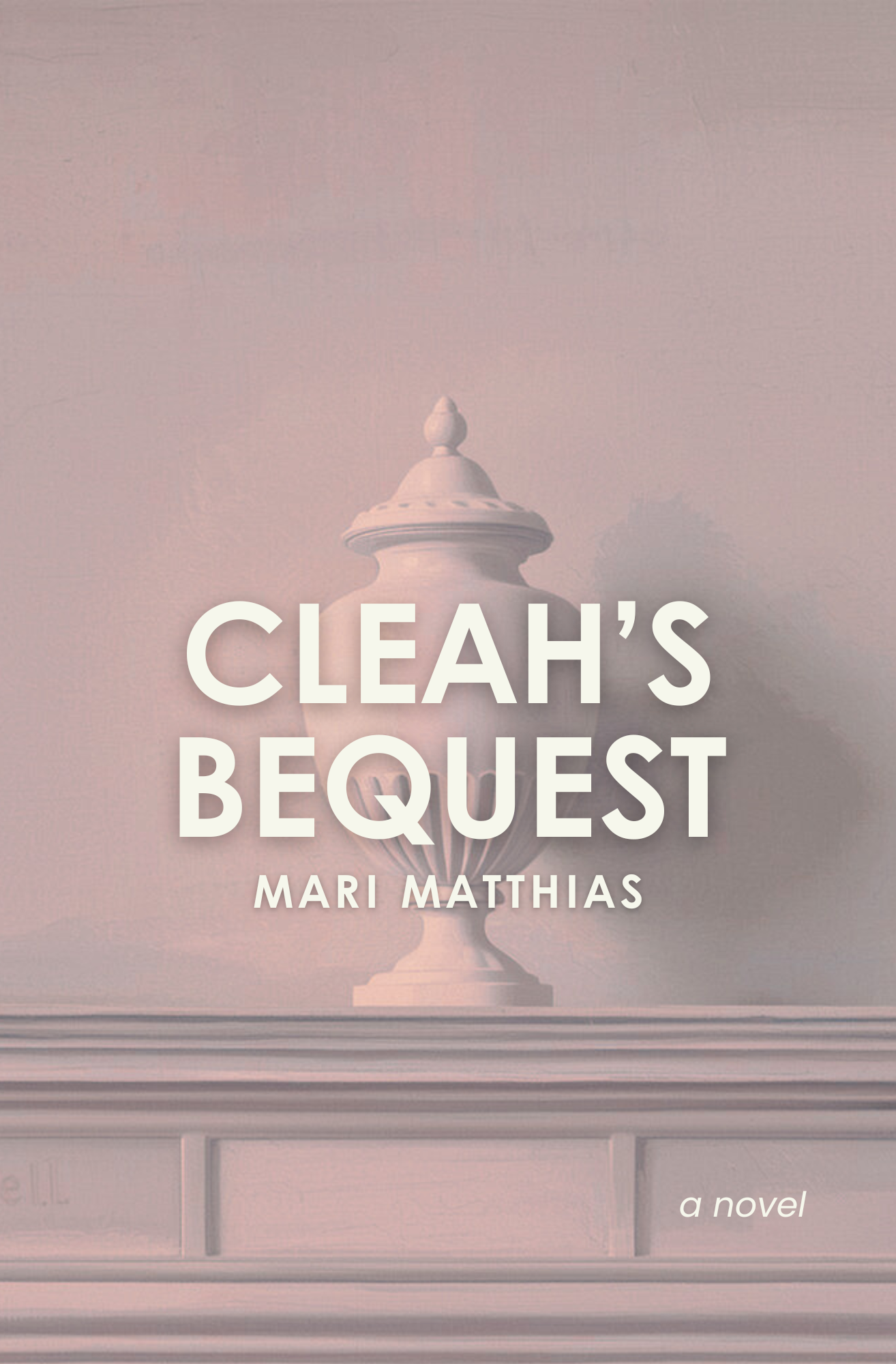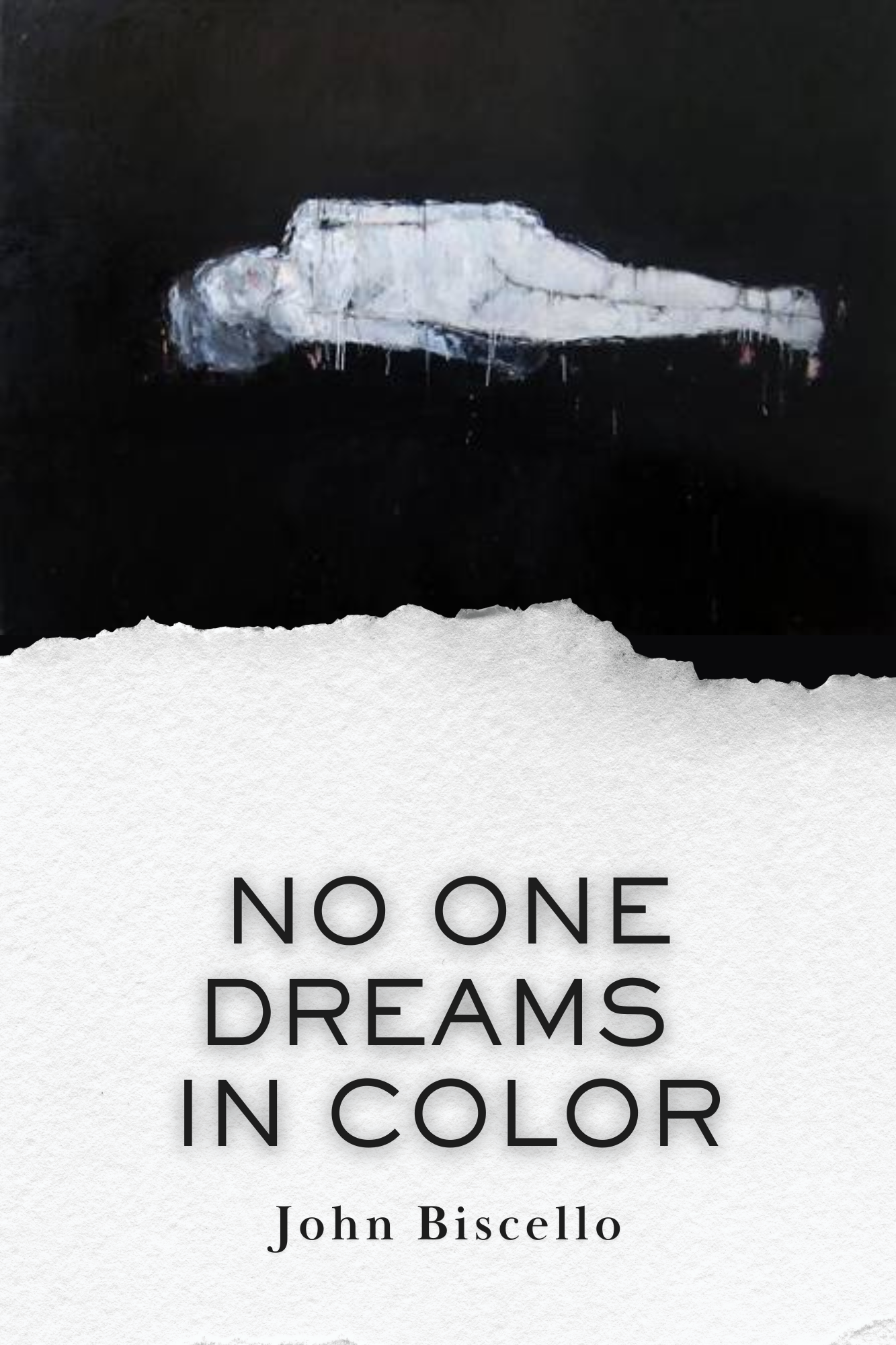 Image 1 of 1
Image 1 of 1


THE PROMISED END
THE PROMISED END is a collection of stories, long and short, about mid-life, old age, and thereafter. The title echoes a cry of pain from KING LEAR. In Singer’s vision, pain is both ubiquitous and funny. To compare his protagonists to characters from LEAR, some are like the suffering old men, Lear and Gloucester; others, closer to the whimsical Fool; some, witty villains, like the bastard, Edmund; and still others, hybrids.
Each of the three stages features its own eccentricities and predicaments. Experiencing a mid-life crisis, for example, is a vacationing New Yorker who has sex with a teenager at a dump in Maine. An elderly man travels to a fictional African country, where he encounters two of his building’s former superintendents, a political dissident and a gun runner. After death, a character whose avocation was shopping is reincarnated as a highway advertising display.
To introduce one of these unfortunates, “Mr. Peavis was a fussy eater. Everything had to be just so, or he simply could not eat. Furthermore, his fussiness was of an unusual type: each meal of the week had to be a different color. On Wednesday nights, for instance, he had his red supper, which might consist of tomato soup, red meat, cabbage (red), watermelon, and red wine. What is more, the table service had to be the same color as the food: red plastic cutlery, plates and cups; red paper napkins and tablecloth. Ketchup was the condiment on Wednesday night —no mustard or mayonnaise.”
THE PROMISED END is a collection of stories, long and short, about mid-life, old age, and thereafter. The title echoes a cry of pain from KING LEAR. In Singer’s vision, pain is both ubiquitous and funny. To compare his protagonists to characters from LEAR, some are like the suffering old men, Lear and Gloucester; others, closer to the whimsical Fool; some, witty villains, like the bastard, Edmund; and still others, hybrids.
Each of the three stages features its own eccentricities and predicaments. Experiencing a mid-life crisis, for example, is a vacationing New Yorker who has sex with a teenager at a dump in Maine. An elderly man travels to a fictional African country, where he encounters two of his building’s former superintendents, a political dissident and a gun runner. After death, a character whose avocation was shopping is reincarnated as a highway advertising display.
To introduce one of these unfortunates, “Mr. Peavis was a fussy eater. Everything had to be just so, or he simply could not eat. Furthermore, his fussiness was of an unusual type: each meal of the week had to be a different color. On Wednesday nights, for instance, he had his red supper, which might consist of tomato soup, red meat, cabbage (red), watermelon, and red wine. What is more, the table service had to be the same color as the food: red plastic cutlery, plates and cups; red paper napkins and tablecloth. Ketchup was the condiment on Wednesday night —no mustard or mayonnaise.”
-
Genre: Fiction
ISBN: 978-1-950730-31-5
Publication Date: December 10, 2019





